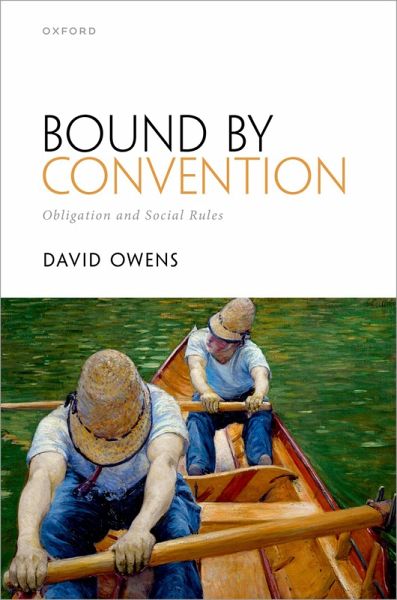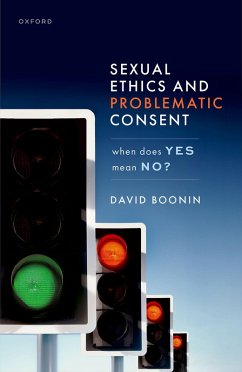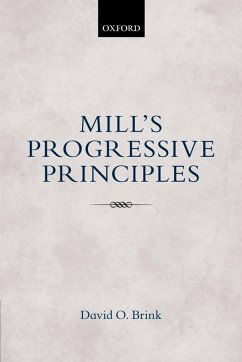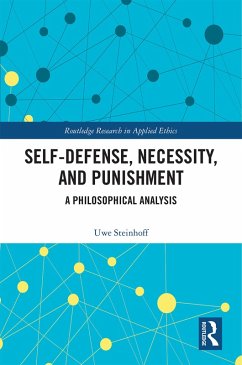
Bound by Convention (eBook, PDF)
Obligation and Social Rules
Versandkostenfrei!
Sofort per Download lieferbar
38,95 €
inkl. MwSt.
Weitere Ausgaben:

PAYBACK Punkte
19 °P sammeln!
How should we assess the social structures that govern human conduct and settle whether we are bound by their rules? One approach is to ask whether those social arrangements (e.g. our family structures) reflect pre-conventional facts about our nature. If they do, compliance will serve our interests because these rules are not just conventions. Another approach is to ask whether following a convention has desirable consequences. For example, the rule which makes the dollar bill legal tender is a convention and the great usefulness of having a medium of exchange ensures that we should follow tha...
How should we assess the social structures that govern human conduct and settle whether we are bound by their rules? One approach is to ask whether those social arrangements (e.g. our family structures) reflect pre-conventional facts about our nature. If they do, compliance will serve our interests because these rules are not just conventions. Another approach is to ask whether following a convention has desirable consequences. For example, the rule which makes the dollar bill legal tender is a convention and the great usefulness of having a medium of exchange ensures that we should follow that convention by accepting paper money in return for things of real value. This work argues that being bound by a convention can also be valuable for its own sake. People need meaning in their lives and conventions infuse acts and attitudes with normative significance, rendering them right or wrong, appropriate or inappropriate, required or forbidden. Such rules bind us not just in virtue of their usefulness but also because their absence would impoverish our social world. Appreciating this point is essential to a proper understanding of our cultures of neighbourliness and hospitality, family structures, systems of property rights, conventions around speech, the norms governing how we deport ourselves in public, and even the rules of a game.
Dieser Download kann aus rechtlichen Gründen nur mit Rechnungsadresse in A, B, BG, CY, CZ, D, DK, EW, E, FIN, F, GR, HR, H, IRL, I, LT, L, LR, M, NL, PL, P, R, S, SLO, SK ausgeliefert werden.













